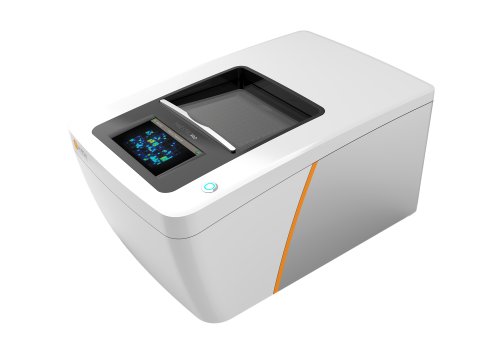Choi SW, Shin JS, Park S-J, Jung E, Park Y-G, Lee J, Kim SJ, Park S-M, Lee J-H, Park S-M, Moon S-H, Ban K, Go YY
Antiviral Research, 2020
Summary:
In this publication the authors highlighted that SARS-CoV-2 (COVID-19) infection of human pluripotent stem cell-cardiomyocytes (hPSC-CMs) was potently inhibited at high concentrations. The associated risk of arrythmogenic risk in hPSC-CMs was evaluated with multi-electrode array (MEA) based assay. The results showed that peak remdesivir plasma concentrations exhibited potential cardiotoxicity in hPSC-CMs suggesting that patients taking remdesivir should have close monitoring of their QT interval.
More details:
Remdesivir has limited information regarding it's safety profile, particularly cardiotoxicity. Therefore it is important to assess both the anti-viral efficacy as well as the potential cardiotoxicity effect. While the drug was shown to have a 60-fold higher antiviral activity in hPSC-CMs than Vero E6 cells, it also induced moderate cardiotoxicity. Using Axion's Maestro multiwell MEA system, they were able to show QT prolongation when remdesivir is administered at concentrations higher than peak plasma concentrations.
Electrophysiological cardiotoxicity assay:
The hPSC-CM's were seeded into Axion's 96-well Cytoview MEA plate. The baseline field potential was recorded from the spontaneously contracting cells using the Maestro Pro MEA system. Remdesivir was applied and independent recordings of the field potential was created 5 and 30 mins post application. This protocol was adapted from the CiPA study reported by Axion Biosystems.
Evaluation of in vitro cardiotoxicity of remdesivir and chloroquine
To evaluate the arhythmogenic effects of chloroquine and remdesivir in hiPSC-CMs, both patch clamp and MEA technology was used. The recorded FP signals were analyzed to compare FP duration (FPD), corrected FPD field potential duration, beat period, beat period irregularity (coefficient of variation of the beat period), and conduction velocity using Axion's cardiac software module. The authors showed the drug-induced arryhythomogenic effects of cholorquine and remdesivir in hiPSC-CMs in a dose-dependent manner but that remdesivir showed a more favorable safety profile. Remdesivir treated hiPSC-CM's did exhibit arrhythmogeneic risk, such as QT interval prolongation, in a dose-dependent manner indicating that an overdose may elicit cardiac adverse effects.


